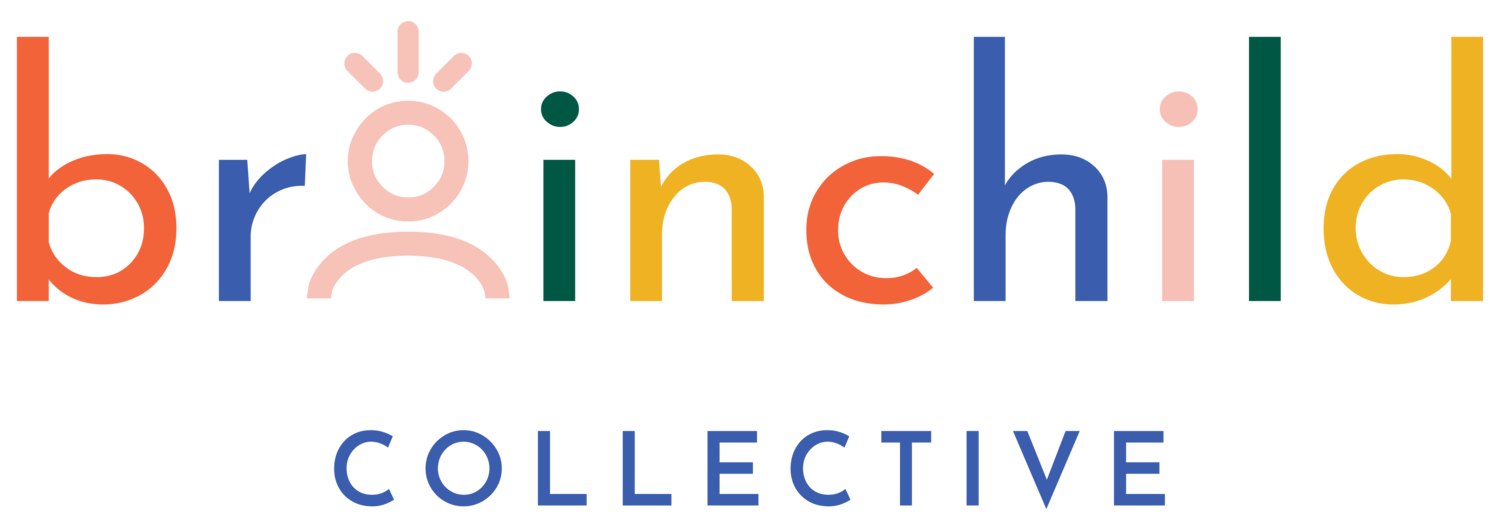SEL Competencies 101 for Educators
Social-Emotional Learning (SEL) has emerged as a critical framework to achieve holistic growth in students. The five core SEL competencies, when integrated into classroom practices, can empower students to become not only successful learners but also resilient, empathetic, and emotionally intelligent individuals. In this blog post, we will explore the fundamentals of SEL competencies, how they can be taught in schools, and how partners like The Brainchild Collective can assist educators in designing effective SEL programs.
The Five Core Social-Emotional Learning Competencies
Self-awareness: Self-awareness is the foundation of all emotional intelligence. It involves recognizing and understanding one's own emotions, strengths, weaknesses, and values. Educators can promote self-awareness by creating a safe and reflective classroom environment. Encourage students to keep journals or engage in mindfulness activities that help them tune into their thoughts and emotions.
Self-Management: Self-management is about regulating one's emotions, thoughts, and behaviors. It’s an opportunity for educators to provide students with strategies for managing stress, anger, and other challenging emotions. These strategies could include deep breathing exercises, positive self-talk, and setting achievable goals. In practice, this might look like students taking a few moments to calm down and collect their thoughts before responding to a conflict.
Social Awareness: Social awareness is the ability to empathize with and understand the feelings and perspectives of others. Incorporate literature, discussions, and group activities that promote empathy and perspective-taking. It instills the necessary skills for students to actively listen to their peers and appreciate diversity. Classroom activities might include role-playing to understand different points of view or discussing current events from various perspectives.
Relationship Skills: Building healthy relationships is a crucial life skill. Schools can create opportunities for teamwork, cooperation, and conflict resolution. With effective relationship-building skills, students can communicate effectively, actively listen, and use problem-solving techniques to challenge in and out of the classroom. In practice, this may involve group projects where students must collaborate and communicate effectively to achieve a common goal.
Responsible Decision-Making: Responsible decision-making involves making ethical and constructive choices. It enables students to think critically and weigh the potential consequences of their actions. In the classroom, educators can use real-life scenarios or case studies to engage students in discussions about making responsible choices. In a practical setting, this could be integrated into lessons on ethics, peer pressure, or decision-making in the face of difficult choices.
Teaching SEL Competencies in Schools
Integrating SEL competencies into the school curriculum is a multifaceted process that requires commitment and creativity from educators. Here are some strategies to help educators teach SEL competencies effectively:
Embed SEL in the Curriculum: Incorporate SEL concepts into existing subjects. For example, during a history lesson, discuss the importance of empathy by examining historical events from different perspectives.
Promote SEL Through Daily Routines: Start each day with a brief mindfulness or reflection exercise. This sets a positive tone for the day and encourages self-awareness.
Encourage Open Communication: Create a classroom culture where students feel comfortable sharing their thoughts and feelings. Regular class meetings or circle time can provide a platform for open discussions.
Use Literature and Art: SEL can be reinforced through literature and art. Choose books and artworks that explore emotional themes and lead discussions or creative projects based on them.
Peer Mentoring: Pair students to support each other in developing SEL competencies. This fosters social awareness, relationship skills, and empathy.
Partnering with The Brainchild Collective
For educators looking to enhance their SEL programs and support their efforts in developing these competencies, partnering with organizations like The Brainchild Collective can be a game-changer. The Brainchild Collective specializes in designing SEL programs tailored to the unique needs of schools and students.
Their team of experts can assist in curriculum development, teacher training, and implementing evidence-based SEL strategies. By collaborating with The Brainchild Collective, schools can access a wealth of resources, research-backed practices, and ongoing support to create a nurturing environment where students thrive both academically and emotionally.
Social-emotional learning competencies are essential for preparing students not only for academic success but also for a fulfilling and emotionally intelligent life. As educators, it is our responsibility to impart these invaluable skills to our students, and partnering with organizations like The Brainchild Collective can help achieve this goal more effectively. By integrating SEL into classrooms and daily routines, educators can empower students to become self-aware, emotionally intelligent, and compassionate individuals who are well-prepared for the challenges of the future.
